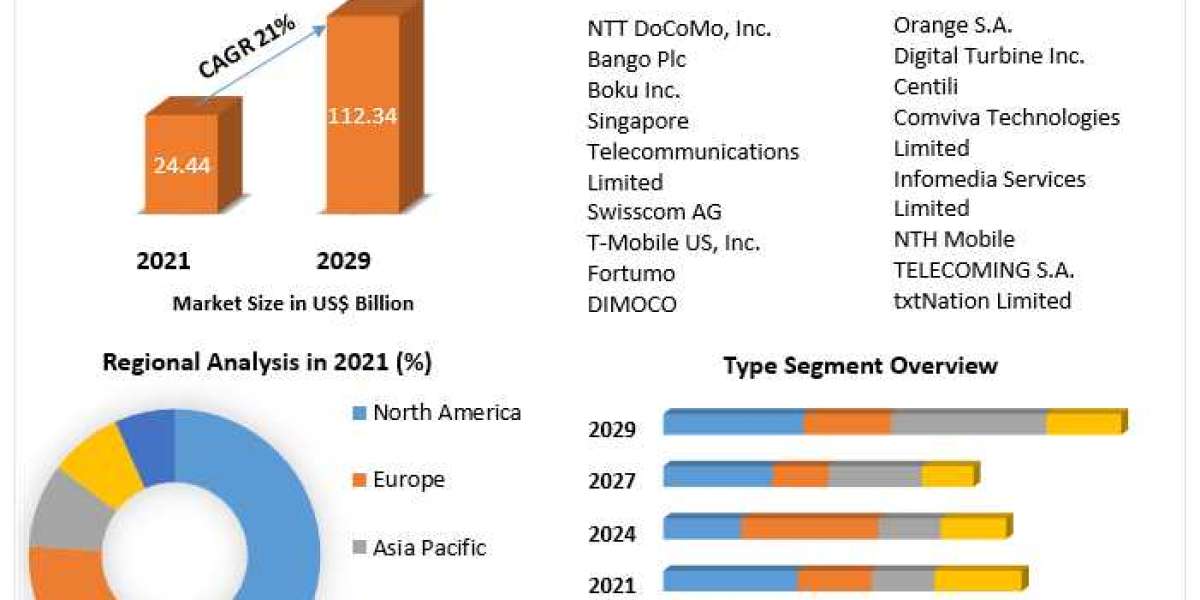In the construction world, financial planning is like the backbone of any project. Even the best ideas can stay intact with proper and precise cost planning. For instance, you want to build a house. You first need to know how much it costs to construct your home. Do you have enough budget to complete it? That’s where cost estimation and budgeting come in. Cost estimation is the first step, helping you determine how much everything will likely cost before you start. Then, budgeting takes over, ensuring the money is allocated wisely throughout the project. Both are important for keeping things on track. Perform a significant role in avoiding financial surprises. Let’s discuss cost estimation and budgeting, which are different yet equally important. Also, get an insight of how they work together to make your construction project successful.
Definitions & Key Concepts
Cost Estimation
Cost estimating calculates the amount of money needed for a building project. construction estimator generally believe that calculating the total cost is the first stage of financial planning. Cost estimating is primarily used to help stakeholders obtain funding. It helps make well-informed decisions regarding the project's viability and prepares the ground for thorough financial planning.
Types of Cost Estimates
Preliminary Estimates:
These are rough estimates made in the early stages of a project. They are often based on limited information and provide a ballpark figure to gauge project feasibility.
Detailed Estimates:
Detailed estimates are created as the project progresses and more information becomes available. These are more accurate and consider specific details such as materials, labor, and equipment.
Conceptual Estimates:
Used during the conceptual phase, these estimates help evaluate different design options and their potential costs.
Bid Estimates:
Prepared by contractors, these estimates are used to bid on projects. This includes detailed breakdowns of costs.
Key Elements
Materials:
The cost of all construction materials required for the project.
Labor:
The wages and benefits for all workers involved.
Equipment:
Costs associated with the machinery and tools needed.
Overhead:
Indirect costs include administrative expenses and insurance.
Contingency:
An additional amount is set aside to cover unexpected expenses or uncertainties.
Budgeting
Budgeting in construction is the detailed financial planning process that follows cost estimation. It involves allocating the estimated costs to different parts of the project, mainly to set financial limits. Budgeting aims to ensure that the project stays within economic constraints. Moreover, resources are used efficiently, and any financial risks are managed proactively.
Role in Project Planning & Control
Planning:
Budgeting helps develop a detailed financial plan. It outlines how funds will be used to complete the project and ensure that all aspects are financially covered.
Control:
Budgeting allows for continuous monitoring of the project. That helps to control costs during the implementation phase. It helps identify deviations from the plan and take corrective actions to stay on track.
Key Elements
Allocated Funds:
The distribution of the total budget across various project components. Such as phases, tasks, or departments of a construction project.
Financial Planning:
The process of estimating future financial requirements and guaranteeing the availability of funds when needed. It involves putting money aside in reserves for unforeseen expenses.
Cash Flow Management:
It is keeping an eye on and controlling the timing of cash inputs and outflows to guarantee that the project continually has enough cash on hand. It supports preserving financial stability and preventing cash shortages.
How They Contribute to Project Success
Integrated Approach
Collaboration between Estimators and Budget Planners
Cost estimators and budget planners must work closely together for a project to succeed. Estimators provide the initial cost predictions, which are the foundation for budgeting. Budget planners then use these estimates to create detailed financial plans. Collaboration ensures that the estimates are realistic and that the budget is comprehensive. This integrated approach helps in aligning project goals with economic realities.
Continuous Feedback and Adjustment Processes
An integrated approach also involves constant feedback and adjustment. Throughout the project, actual costs are compared to estimated and budgeted costs. Regular communication between estimators and project managers allows for timely adjustments. This process helps address any discrepancies early on, prevent cost overruns, and keep the project on track.
Risk Management
Recognizing and Reducing Financial Hazards Earlier
Good budgeting and cost estimation are essential for seeing any financial hazards early in the project. Through meticulous cost analysis and prudent resource allocation, project teams can anticipate possible problems like overspending or inadequate funds. The development of mitigation methods, such as allocating emergency money or changing the project's scope, is made possible by early identification.
Sustaining Project Sustainability and Financial Health Ongoing risk management guarantees the project's financial stability and sustainability. Regular budget monitoring and updating make ensuring funds are available when needed and controlling cash flow easier. This proactive strategy reduces financial setbacks and improves the project's capacity to adjust to unforeseen difficulties.
Performance Tracking and Reporting
Using Estimation and Budgeting Data for Performance Metrics
Performance tracking is crucial for overall success. Data from cost estimation and budgeting provide valuable performance metrics, such as cost variance and budget adherence. These metrics help assess the financial performance of the project. They also identify areas for improvement.
Enhancing Transparency and Accountability
Accurate estimation and detailed budgeting strengthen transparency. They improve accountability within the project team and among stakeholders. Clear financial plans and regular reporting build trust and ensure everyone knows the project's economic status. Transparency reduces the risk of miscommunication, generating a collaborative environment at the construction site.
Case Studies/Examples
Example of a Project with Accurate Cost Estimation and Effective Budgeting
A successful case might involve a large commercial building construction cost estimator where thorough cost estimation and diligent budgeting led to the project being completed on time and within budget. For instance, the project team used historical data and advanced estimation software to develop accurate cost predictions. The budget was continuously monitored and adjusted based on accurate data. Enabling the project to handle unexpected costs without exceeding the budget.
Example of a Project with Poor Cost Estimation or Budgeting and the Consequences
On the other hand, an unsuccessful project can be a residential development where the budget was rigid, and the early cost estimates were unduly optimistic. Unexpected labor and material expenses thus caused significant budget overruns. The absence of ongoing monitoring and correction procedures made the issue worse, leading to project delays and monetary losses.
Best Practices for Construction Cost Estimation and Budgeting
Leveraging Technology and Software Tools
Using software tools and contemporary technology is essential for increasing the precision and effectiveness of budgeting and cost estimation. Estimation software can produce more precise cost projections using industry trends and previous data analysis. Budgeting software makes managing spending easier. It anticipates cash flow and creates comprehensive financial plans. By utilizing these technologies, project teams can make data-driven decisions. Which ultimately improves the project's overall success.









